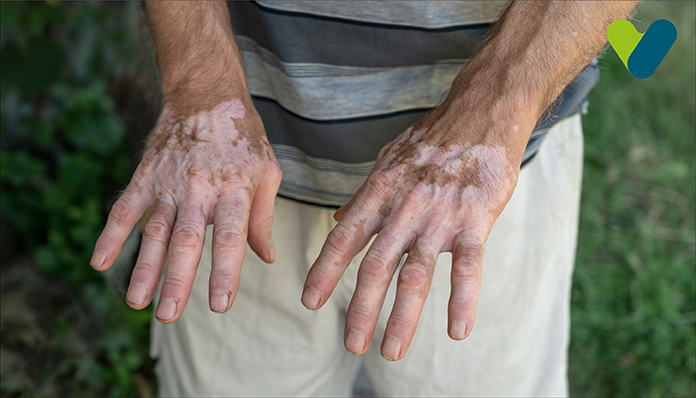Dr Meenakshi is a paediatrician and mother of two always made sure that her kids followed a proper diet and never allowed them to eat chocolates. But recently noticed that both her kids started developing oral problems; the smaller one even had a cavity in her teeth. Being a paediatrician herself, she brought some changes in their eating habits, but nothing happened.
Seeing her stressed, one of her colleagues suggested that she visit a dentist and get an oral check-up for her children.
After the visit, she realized that even though diet is essential, oral health needs to be taken separately.
Top Oral Health Tips For Kids:
Here are a few important things that kids should follow to have good oral health.- Brushing teeth before going to bed: Brushing once a day isn't enough nowadays. With all the junk food that we consume, it is advised that we brush twice a day and especially make sure that your kids brush their teeth before going to bed. This will protect your kid's teeth from germ buildup.
- Using a tongue scraper: Only brushing your teeth and neglecting the tongue can lead to a significant oral problem. Using a tongue scraper will remove all the nasty germs from the tongue also.
- Brushing your teeth properly: Kids often hate brushing or brushing their teeth only for a few seconds. This is not good. It is advised to at least brush the teeth for two minutes, and it is important to brush all the corners.
- Use a toothpaste with fluoride: We always choose a toothpaste that tastes good or helps in whitening the teeth. But whenever you choose a toothpaste for your kids, make sure it contains fluoride. Fluoride is good for the gums and kills bacteria.
- Giving importance to flossing: Flossing should be given as much importance as brushing because it helps in cleaning between the teeth and doesn't allow plaque to build up. Sometimes it might be not easy to floss because children tend to have soft gums.
- Using a mouthwash: A mouthwash or oral wash is very important for good oral health. It helps in removing bad breath, prevents oral decay. Many people also use it as a mouth freshener before an event. But it should be kept in mind that mouthwash is not a substitute for brushing, neither should it be done right after brushing; you should fix a time for your child to use a mouthwash.
- Consuming more water: Drinking water every meal or drinking more water is usually healthy for good oral health. It is advised to rinse the mouth and drink water after every meal to prevent the sticking of food to the mouth.
- Eating fresh and crunchy food: Parents always feed their children overcooked food or vegetables, minutely cut into pieces. Processed food is also provided to children for easy digestion. But eating raw vegetables like carrot, cucumber, and freshly cut fruits that involve the jaw to move is healthy for the teeth.
- Decreasing sugar intake: Sugar can be your child's biggest enemy when it comes to oral health. Not only chocolates but juices and overly sweet foods can also be harmful to the teeth. Sugar can easily erode the enamel of teeth, making them weak and sensitive. Consuming excess sugar also leads to a cavity in the teeth.
- A regular visit to the dentist: We often neglect not to visit a dentist regularly as a doctor. But it is essential to see a dentist too to maintain good oral health.
Conclusion
Not only a fit body and a healthy mind is a sign of a healthy body, but also a healthy mouth is essential. Especially for children who are growing up, we must teach healthy oral habits in them so that they don't face any oral problems in the future.Beautiful is always a sign of a beautiful face and a beautiful mind.
A smile is something that a person notices the first thing in a person, and it is important we keep that smile healthy and beautiful.


